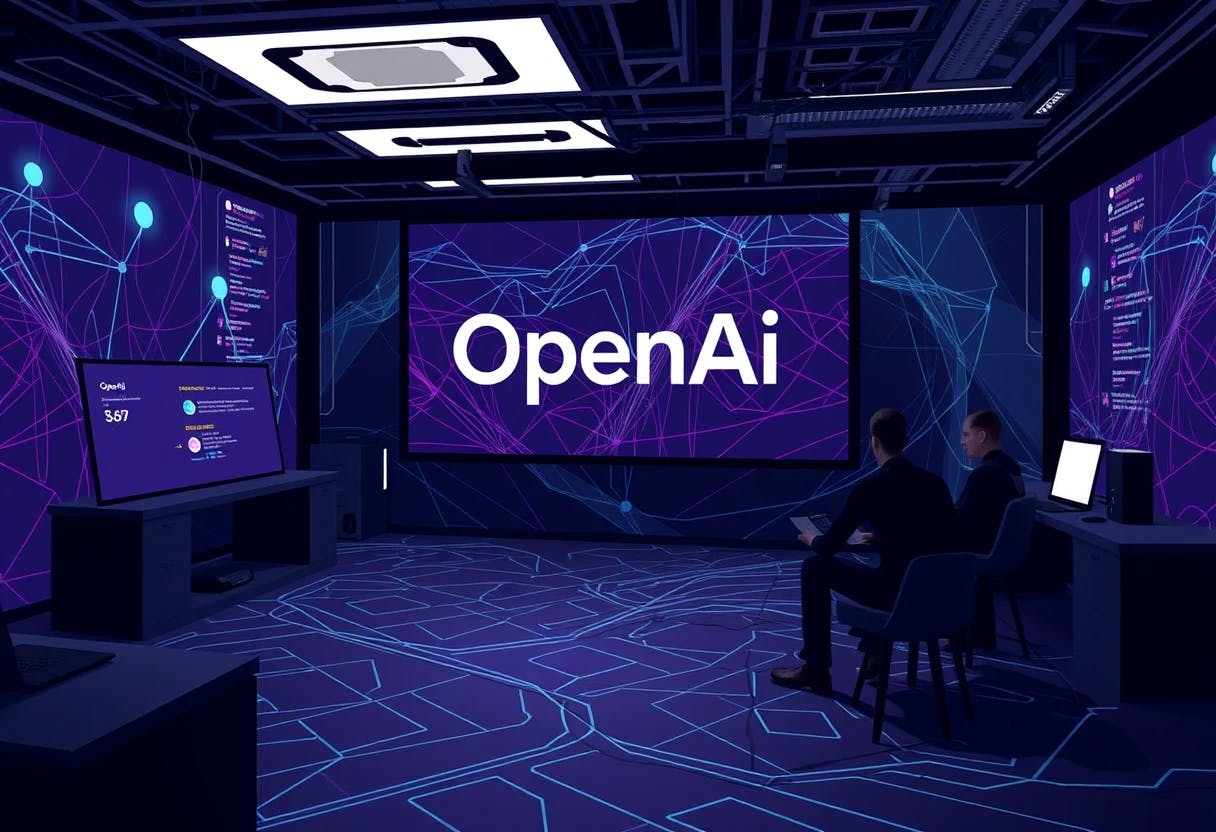Elon Musk v OpenAI, Court Filing, retrieved on April 30, 2024, is part of HackerNoon’s Legal PDF Series. You can jump to any part of this filing here. This part is 5 of 29.
B. Altman Induces Musk to Back OpenAI, Inc.
68. From the start, Altman courted Musk by presenting himself as sharing Musk’s well-known concerns over the threat posed by AI/AGI. Altman, an experienced tech player, feigned altruism to convince Musk into giving him free start-up capital and recruiting top AI scientists to develop technological assets from which Defendants would stand to make billions.
69. Altman began by testing the waters. In early March 2015, he approached Musk to help draft an open letter to the U.S. Government emphasizing the need for regulation to ensure the safe creation of AI. Musk agreed, and the two began preparing the open letter and approaching Musk’s influential contacts in the technology and AI sectors about signing the letter, which was published on October 28, 2015.
70. Sensing opportunity, Altman suggested to Musk on May 25, 2015 that they endeavor to beat Google in the race to develop AGI. He wrote that he’d “[b]een thinking a lot about whether it’s possible to stop humanity from developing AI. I think the answer is almost definitely not. If it’s going to happen, it seems like it would be good for someone other than Google to do it first.” Altman proposed they start an AI “Manhattan Project” and, to win Musk’s backing, offered to “structure it so that the tech belongs to the world via some sort of nonprofit but the people working on it get startup-like compensation if it works. Obviously we’d comply with/aggressively support all regulation.” Still noncommittal, Musk merely responded: “Probably worth a conversation.”
71. To convince Musk of his sincerity, Altman promised that he too would have skin in the game and would make meaningful financial contributions to the non-profit. It has since been revealed, however, that Altman grossly inflated and misrepresented his actual contributions, which pale in comparison to what he had promised.
72. A month later on June 24, 2015, Altman tried again, this time wooing Musk with a detailed proposal for a new AI lab: “The mission would be to create the first general AI [AGI] and use it for individual empowerment—ie [sic], the distributed version of the future that seems the safest. More generally, safety should be a first-class requirement.” “The technology would be owned by the foundation and used ‘for the good of the world[.]’” This time Musk agreed.
73. Soon thereafter, Altman recruited Stripe’s CTO Gregory Brockman who helped him seal the deal.
74. Altman’s plan worked. In November 2015, Musk agreed to commit funding and help recruit the top scientists necessary to make Altman’s project a success provided that—as Altman and Brockman had repeatedly promised— OpenAI, Inc. would be a non-profit devoted to developing AI/AGI for the benefit of humanity and would accomplish this mission by (i) distributing its research and technology openly, preventing its concentration, and (ii) focusing on safety, not profits. Indeed, to celebrate what he was led to believe was their mission, Musk named the endeavor—“OpenAI.”
75. Altman moved fast. Just a month later on December 8, 2015, a Certificate of Incorporation for OpenAI, Inc. was filed with the Delaware Secretary of State, which reaffirmed Altman and Brockman’s promises to Musk:
This Corporation shall be a nonprofit corporation organized exclusively for charitable and/or educational purposes within the meaning of section 501(c)(3) of the Internal Revenue Code of 1986, as amended, or the corresponding provision of any future United States Internal Revenue law. The specific purpose of this corporation is to provide funding for research, development and distribution of technology related to artificial intelligence. The resulting technology will benefit the public and the corporation will seek to open source technology for the public benefit when applicable. The corporation is not organized for the private gain of any person. . . . The property of this corporation is irrevocably dedicated to the[se] purposes . . . and no part of the net income or assets of this corporation shall ever inure to the benefit of any director, officer or member thereof or to the benefit of any private person (emphasis added).
76. OpenAI, Inc. was publicly announced on December 11, 2015 and leveraged Musk’s name by making him co-chair of its Board of Directors (“Board”) alongside Altman, with Brockman as the CTO. The promotional announcement published on OpenAI’s website further touted: “OpenAI is a nonprofit artificial intelligence research company [whose] goal is to advance digital intelligence in the way that is most likely to benefit humanity as a whole, unconstrained by a need to generate financial return. Since our research is free from financial obligations, we can better focus on a positive human impact.”
77. Around this same time, Altman and Brockman also began to broadly advertise their new endeavor, specifically promoting its humanitarian purpose on their respective social media accounts, which reach many millions of followers.
Continue Reading Here.
About HackerNoon Legal PDF Series: We bring you the most important technical and insightful public domain court case filings.
This court case retrieved on August 05, 2024, deadline.com is part of the public domain. The court-created documents are works of the federal government, and under copyright law, are automatically placed in the public domain and may be shared without legal restriction.

